Happy Saturday everyone. I hope your week has been swell.
In this week's newsletter issue, I'd like to go over with you, in more detail, why I decided to launch my own website, LucasHawthorne.com.
If you didn't notice, it's from this website that last week's newsletter was actually sent! I hope you're liking the new look and feel of my content.
So, without further ado, let's talk about the biggest reason why I launched my own domain.
Something that's annoyed me in my writing career
The majority of my long-form content has lived on this platform called Medium.com.
The platform works!
...If you're a new writer.
Here's what I mean.
They're probably gonna want a platform that already has everything set up for them so that they can start getting their content out there, and save the hassle of other things like building a website and having a proper space to publish their content for later.
And that's not a bad thing. I applaud anyone who seeks to create.
It's just what I suspect brings most people to Medium – it's got brand and reputation, it ranks well in search engines, it has an easy-to-use editor, and it makes the process of writing an article or post pretty darn easy.
However, to a more experienced writer like myself, there's a glaring problem with writing on Medium.
When you write on a platform that doesn't belong to you, you have to play by someone else's rules.
Whether you're writing by the rules of the publication you're submitting your work to or the council that is Medium's enforcers of site-wide rules, you're not actually entirely free to create content to your heart's content.
For example, a publication on Medium can:
- Require that you use certain tags in your article, when you're already limited to five tags per post. This controls the kind of exposure and visibility you get.
- Limit the links in your post, no matter how relevant your links are to what you're writing about.
- Enforce certain types of formatting or writing styles that may restrict a writer's unique voice.
Publication editors also have the ability to edit your entire article and change what you write as they see fit. If they wanted to, they could just delete your whole article.
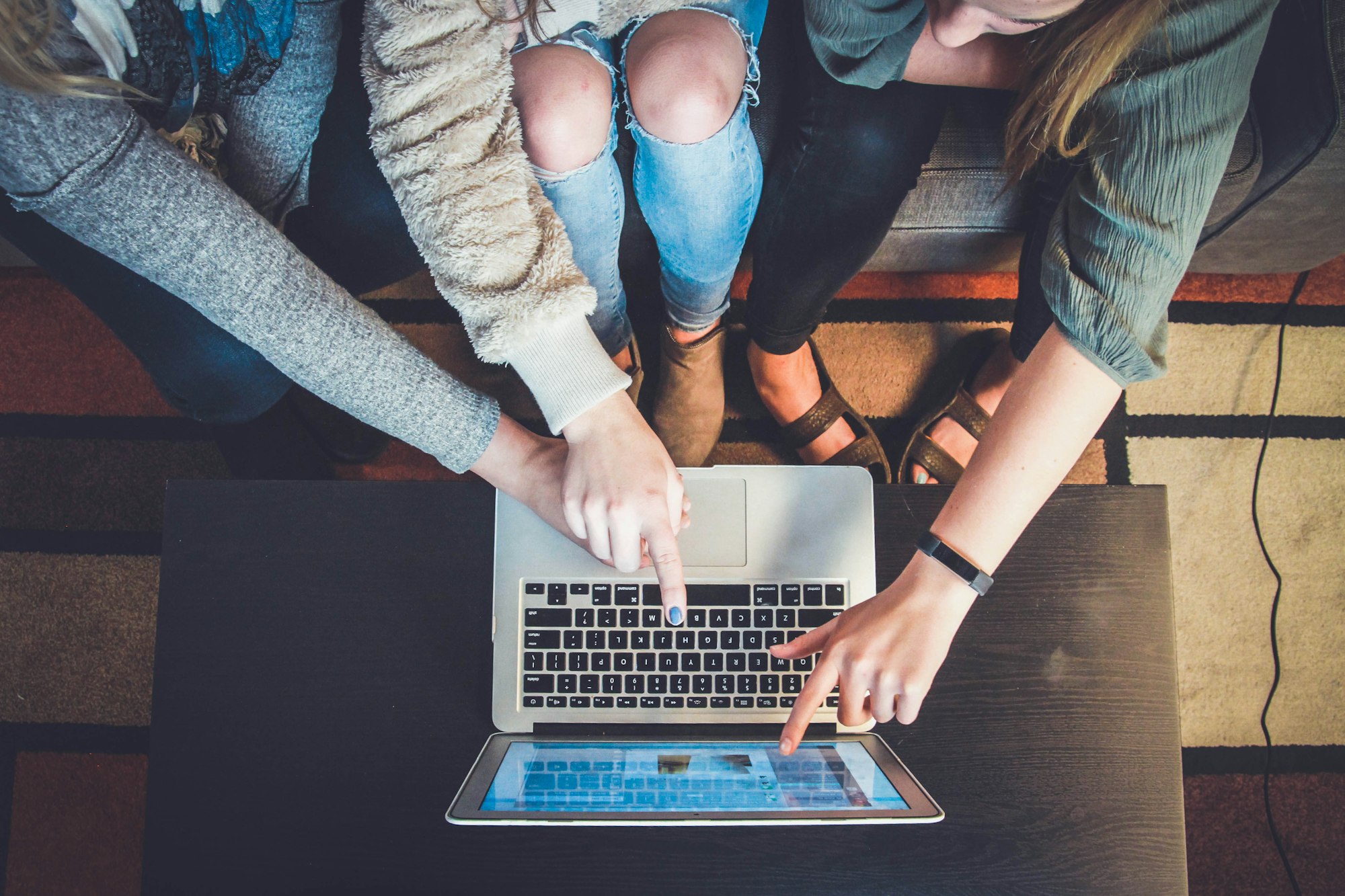
I've had editors quietly change my article before publishing it without consulting me first.
Unless I have spelling, grammar, or formatting mistakes, don't touch my shit without letting me know. Keep the article true to my voice.
You don't see people going to museums and painting over other peoples' work, so why would you do that with someone else's writing?
Oh, and there's more too.
If you don't play by their rules, they can reject your article entirely, and if you were already a writer for them, remove your ability to write for them.
I'm not even talking about Medium's own site-wide rules.
If Medium doesn't like what you're putting out there, they can shut down your account and remove all your content from their platform at the drop of a hat, effectively censoring you from their website forever.
Every content creator's dream is to have their work vanish just because someone didn't like it.
Not.
Uncaged then, uncaged now, and uncaged forever

I've never been a fan of any setting that limits one's creativity and freedom to express themselves and roam around.
When I first started learning parkour in a gym setting, I never took a class at the gym. I learned and practiced during open gym periods only with other traceurs.
When I switched over to martial arts tricking, I only attended one class. Everything else I ever learned about the sport was acquired through open gym periods.
When I dove into Muay Thai, I only took a handful of classes before I started sparring with people.
The truth about martial arts is that unless you're actually sparring with people, you're mostly just doing fancy cardio.
I didn't sign up for a cardio class. I can do that for free by running outside.
Anyway, that's a bit of a tangent.
The point is, I never looked favorably upon settings that dictate what you can and cannot do, and I personally learned best when I had more freedom to try out things at my own pace.
Obviously, certain limitations exist for certain reasons.
For example, Medium doesn't want hateful content or threats of violence on their platform, and I'm on board with that. In fact, I've never had a personal problem with Medium themselves taking down or limiting my content.
Martial arts instructors teaching classes aren't focusing on specific techniques just to say "screw your freedom and creative expression." They want you to get better, nail techniques down, and build a solid foundation of the art.
But I'm still not a fan of the limitations, because what you're doing is still subject to somebody else's interpretation and instruction, whether you like it or not.
Within the context of being a content creator, I'm not unaware of people getting their presence on a platform shut down just because someone didn't like what they put out there.
I may not create content that is hateful or threatens violence, but the idea of anyone having that power over me and my work is absurd and disgusting.
I actually had to talk in-depth with the hosts of my website about this. I don't have absolute 100% control over my own website, but I've looked over their unacceptable use policy and I'm pretty much 100% in the clear, now and forever.
I can't say the same for my work on Medium due to their encyclopedia of rules that are open to countless interpretations, all protected by a "we have the sole authority and final decision as to whether content or behavior violates our rules" clause that makes them the incontestable judge, jury, and executioner of every piece of content and writer that graces their website.
Get shut down for any or no reason at all, and all they have to say is: "We warned you!"
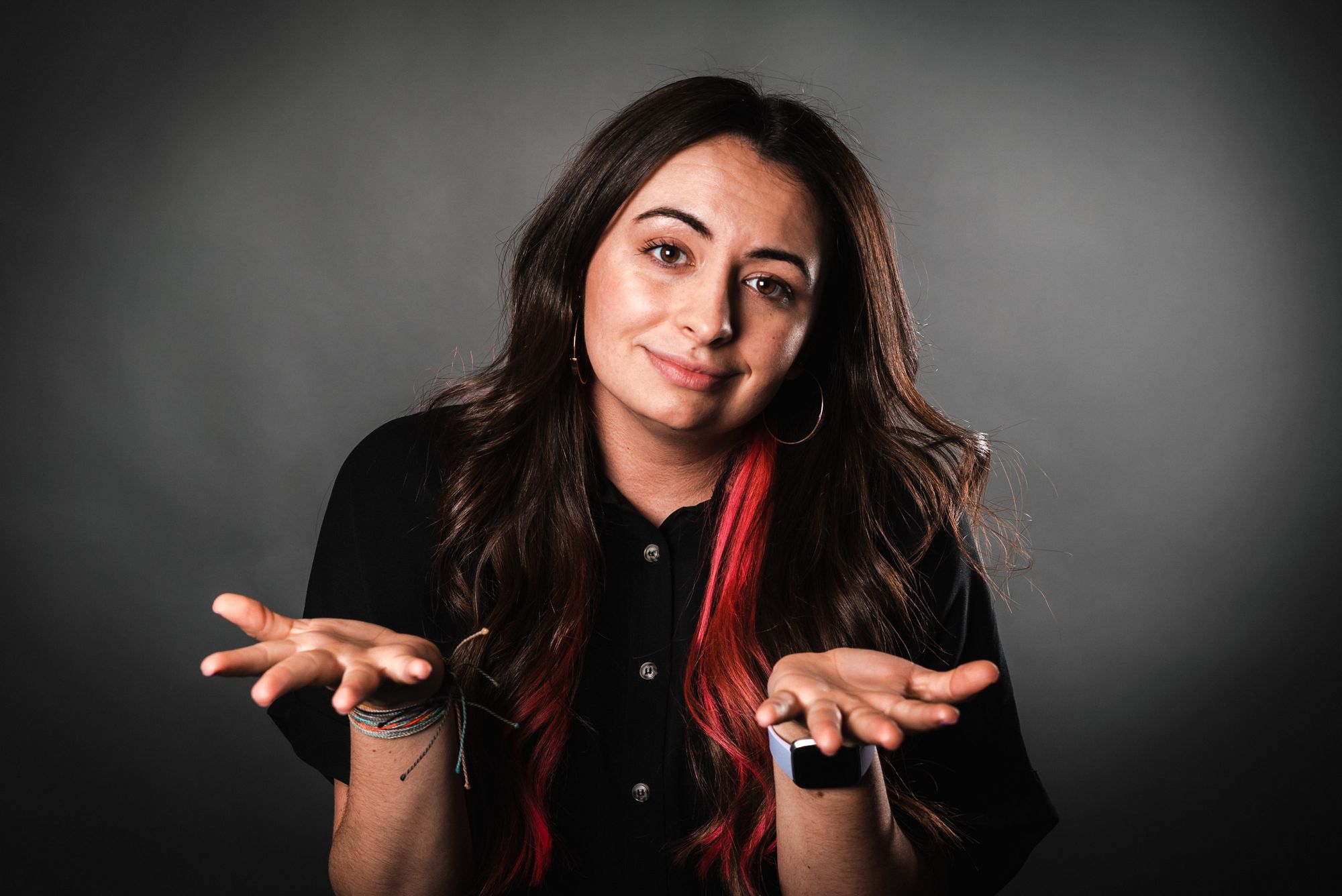
I already feel way better about making this website the home of my content.
At least over here, I don't have to worry about:
- Getting anyone's approval to publish my content.
- Someone infiltrating my writing with their dirty, unauthorized keystrokes.
- My content getting deleted, modified, or censored without consent.
- Being boxed in to a ruleset just to get my voice out there.
More on the last one below.
As you can probably tell, I do make a concerted effort to be uncaged, just like I've always been, and how I always aim to be.
Maybe it has something to do with spending a childhood under a set of tyrannical parents. What would I know?
If you're thinking of creating your own content...
Some content creators get strangled behind closed doors while the moderators hush the communities, switch topics, and wipe the blood off their hands. Others get indoctrinated on what they can and cannot say.
My advice to you, if you want to create content, is to make sure you ultimately find a way to own your content and make your work yours.
A good, common solution to this would be to have your own website. Your own domain and kingdom.
Even people who make it big on platforms like YouTube still have bosses to answer to.
YouTube can still demonetize you at the drop of a hat and kill your income overnight. They can hit the switch to delete your channel and all your videos if they so choose.
I'm not trying to scare you, but I seek to make you privy to what can happen and what has already happened. I've seen it for myself.
Maybe it'll be a loss for them getting rid of you, but it's arguably an even bigger loss for you, losing all your work on their platform.
I'm not saying you have to only create content on your own platform, but at least have your own platform that can serve as a backup for your content in case anything goes south on another platform that you don't control.
Think about it.
If you get shut down for any reason, your audience will be left scrambling. Some might know where to find you if they search long and hard enough, but to most people, you'll just be gone. Forgotten.
They won't have a trail to follow.
But if you have something like a website, at minimum, you leave your audience with a breadcrumb trail. If you let your content live there, they'll find a banquet of content once reach the end of the trail.
This is also why it's a good idea to start collecting people's emails as early as you can. Email will always be available to you, as will people's email addresses. You will always be able to keep your audience in the loop if anything happens.
I haven't had anything of mine shut down, but there's always a possibility.
As long as someone looms above you on the platform you write on, there's always a possibility.
I don't want any of you to have to witness your work vanish before your eyes without a backup plan in place.
Get a backup plan, and keep on creating.
With Determination,
Lucas Hawthorne
linktr.ee/LucasHawthorne
This newsletter is free for everyone. Emails like this get sent out every Saturday. If you’d also like to receive these in the future in your own inbox, subscribe down below!
👉 If you enjoyed reading this post, feel free to share it with friends, family, and other loved ones who would benefit from it. The more value I provide the world, the better.
Questions? Thoughts? Leave them in a comment and I will personally get back to you! 😉
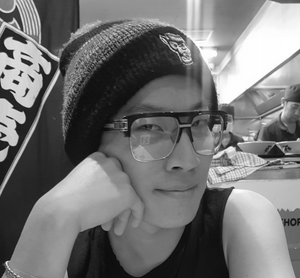






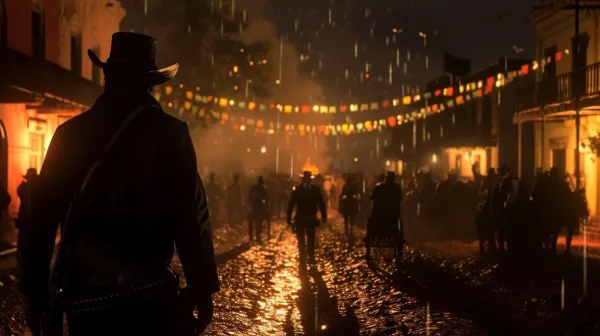
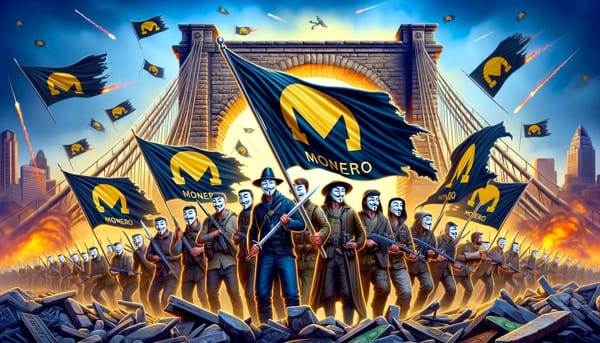
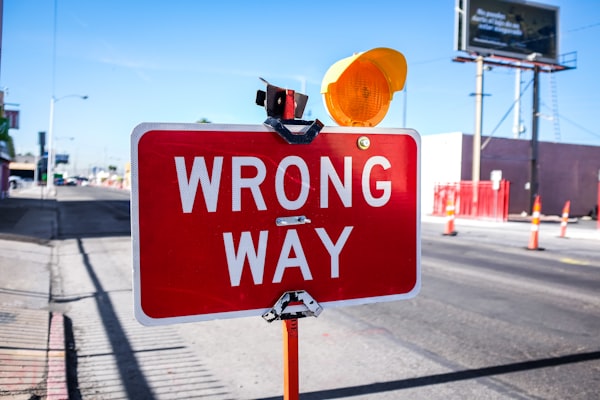
Member discussion